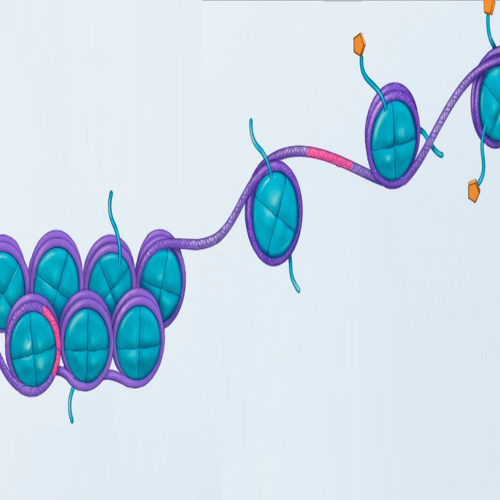Key points from article :
New research sheds light on why many people with obesity regain weight after losing it, suggesting that changes in the DNA of fat cells might play a significant role. This finding could pave the way for future treatments targeting these molecular changes.
Although lifestyle factors like diet play a part in weight regain, they are not the full story. Research led by Laura Catharina Hinte at ETH Zurich found that losing weight triggers long-lasting genetic shifts in fat cells. These changes were observed in RNA molecules, which influence how cells function. Even two years after significant weight loss, individuals with obesity showed altered RNA levels compared to those of healthy weight, affecting fat storage and burning while promoting inflammation—both of which increase the likelihood of regaining weight.
The findings were supported by experiments on mice. Previously obese mice exhibited similar RNA changes and gained weight more rapidly than healthy-weight mice when fed a high-fat diet. The researchers also identified epigenetic changes—molecular tags on DNA—as the likely driver of these RNA differences. These tags alter how genes are expressed without changing the underlying genetic code.
While the study didn’t directly observe weight regain in people, experts like Henriette Kirchner believe the results likely apply to humans. With further research, epigenetic-targeting drugs could someday offer a novel way to combat obesity and prevent weight regain.







